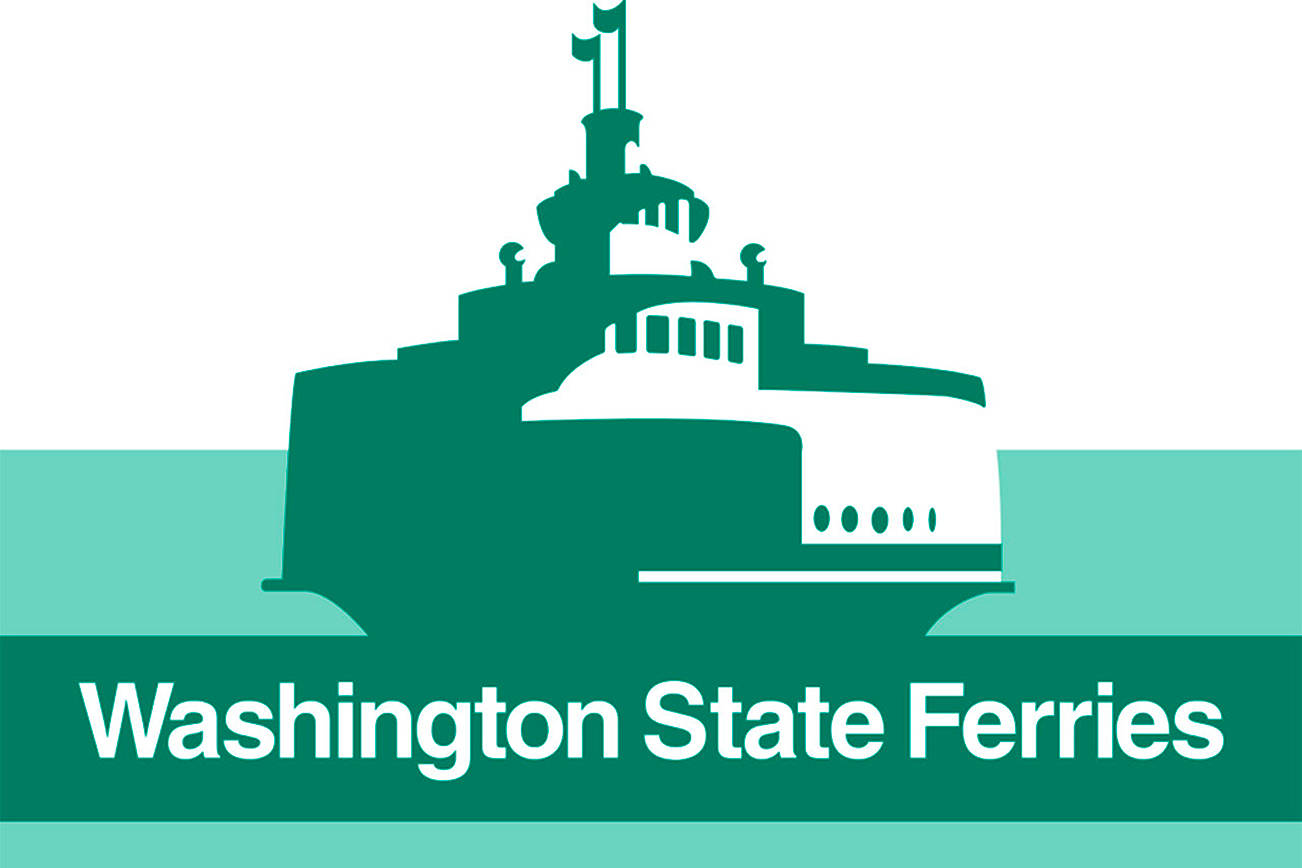The Washington State Legislature starts its 2020 session the first week in January.
San Juan County Councilmember Rick Hughes says the ferry system will be a priority for him.
“Our county ferry advisory committee is trying hard not to complain but to find solutions,” he said. “A lot of what we do (in the near future) is tied to that vehicle tab measure on the ballot. I would urge people to take a good look at what I-695 did to ferries in the past.”
Hughes referred to political activist Tim Eyman’s measure that was approved by voters in 1999. Initiative 695, labeled the “$30 License Tab Initiative,” lowered the statewide tax on private cars and trucks but legislators left a provision in the law that allowed municipalities to impose an additional $15 tax on car tabs.
“Ever since I-695 passed there has been very little forward movement in capital investment in ferries,” Hughes said.
According to permanentoffense.com/initiative-976/, Eyman’s new plan caps vehicle registration costs at $30 per year for everyone in the state and “gets rid of” state and local taxes and fees. I-976 is on the November ballot. If approved, Hughes said it will eliminate $500 million in transportation revenue.
Washington State Ferries submitted the “2040 Long-Range Plan” to the Legislature on Jan. 3, 2019. It recommends “short-, medium- and long-term actions for WSF to pursue and focuses on a set of investments and service enhancements to be implemented,” according to WSF.
“The long-range plan … is really a document that outlines how to sustain capacity,” Hughes said. “We have to put pressure on the Legislature to follow the long-range plan and build boats. The boats built will be hybrid-electric. The San Juan County Council and FAC support getting one of the hybrid electric boats here, but they also support just building boats. Building new boats benefits the entire system.”
In August, Washington State Transportation Commission announced a ferry fare increase that will begin Oct. 1. The fares must generate $407 million in revenue between July 1, 2019, and June 30, 2021, as required in the recently passed two-year state transportation budget for WSF operations.
The changes starting Oct. 1 include a 2.5 percent increase for vehicles; additional 5 percent for oversize vehicles on the Anacortes/Sidney route; a 2 percent increase for passengers; and the reservation no-show fee will be increased up to 100 percent of the one-way fare paid, based on a standard-sized vehicle.
Starting May 1, 2020, the fares will rise again the same amounts plus a 25-cent increase for a capital surcharge dedicated to the construction of a new vessel.
In addition, WSF will pursue two pilot programs. Starting no earlier than 2020, and contingent on receiving funding from the Legislature and approval from the commission, the “Low Income Fare” project would test a special passenger fare for low-income customers. If implemented, the pilot would run for no more than three years. Another pilot would test the use of the “Good to Go!” system currently used to collect tolls on highways and bridges, to also collect ferry fares. Special fares could be established as part of this pilot, with approval from the commission. If implemented, the pilot would run for up to three years. For more information on the transportation commission or its ferry fare proposal, visit www.wstc.wa.gov.
“The San Juans take up 9 percent of the overall ferry traffic but we make up 25 percent of the cost,” Hughes said. “I know [the fare increase] is hard economically on people but the option is reduced service over time. We need to build 16 boats over the next 30 years or there will be a capacity issue and we might have a reduction in service. We are trying to get $8 billion in new revenue over the next 30 years to fund those boats. We need to shoulder some of the burden. If all the people who complain on Facebook were to write letters to the house and senate transportation committee, we’d have a much better outcome … I really encourage people to work with me to testify in Olympia in a positive way about ferries. More green ferries will reduce emissions and the impact on orca whales.”




